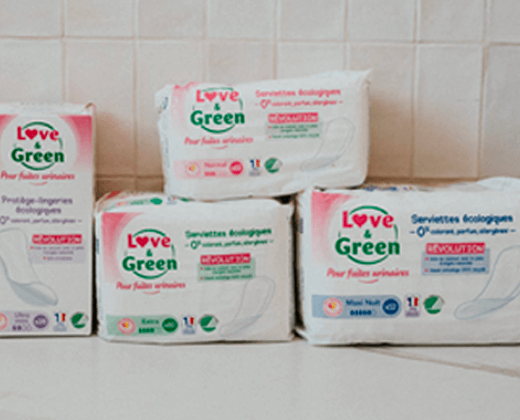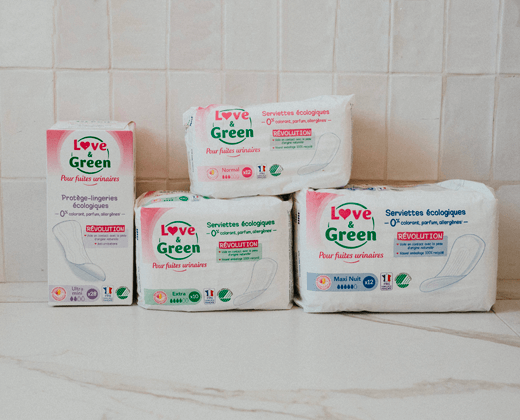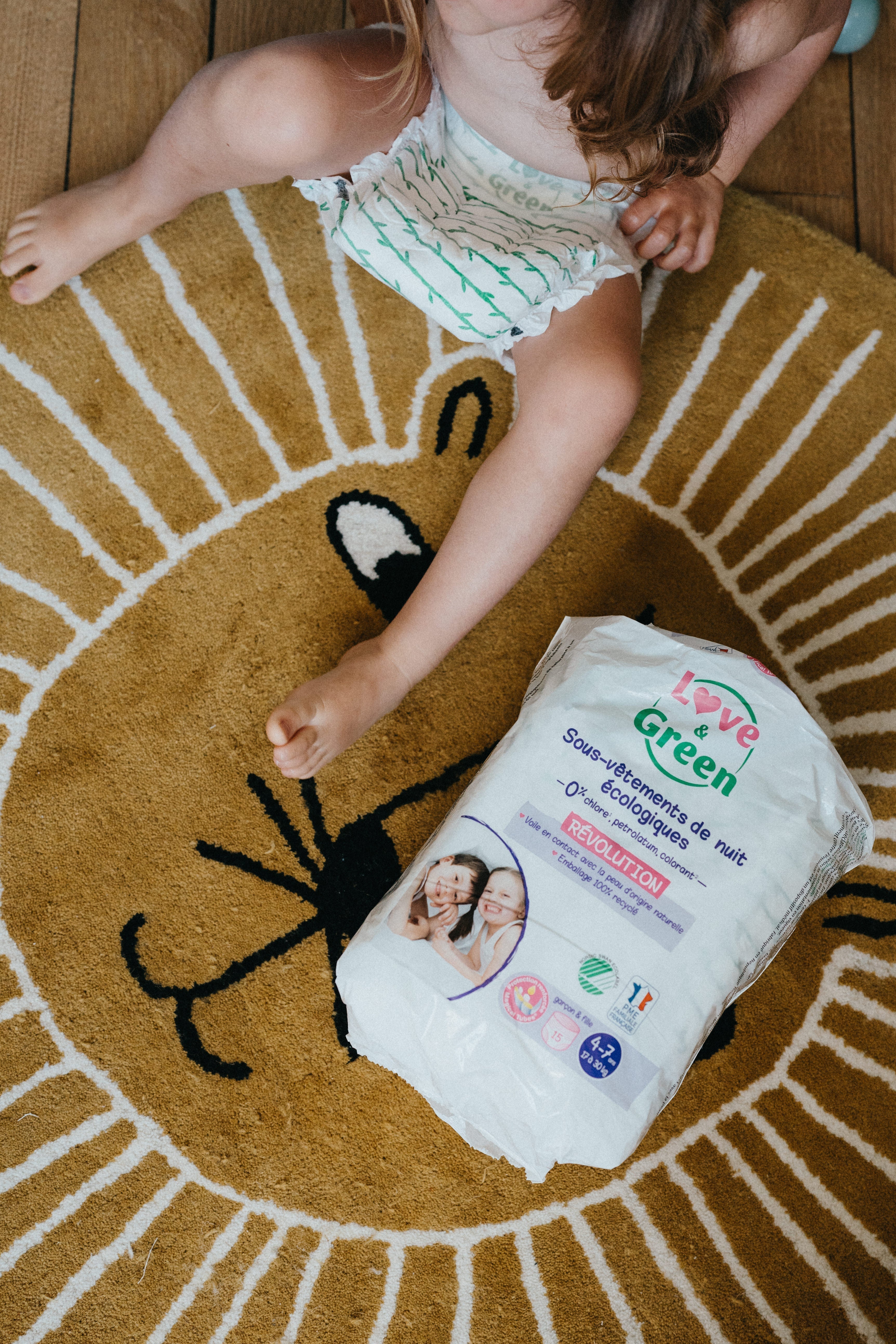Sleep is essential to the development and health of your baby. However, the first months can be a challenge for new parents who adapt to their child's sleep routine. In this article, we will explore the sleep needs of babies, sleep stages, advice to establish a routine, and solutions for sleep problems.
The sleep needs of babies
Babies have sleep needs very different from those of adults. Here is a general overview of the hours of sleep recommended according to age:- Newborns (0 to 2 months) : Approximately 14 to 17 hours per day, often divided into short periods from 2 to 4 hours.
- Babies (2 to 12 months) : Between 12 and 16 hours a day, including naps. At this age, babies are starting to establish more regular sleep cycles.
- Toddlers (1 to 3 years old) : About 11 to 14 hours of sleep, including one or two naps.
Sleeping stages
Baby sleep goes through several phases, as well as that of adults. Here are the main steps:- Slight sleep : This phase is characterized by a lower brain activity. Your baby can easily be awake.
- Deep sleep : It is a more restful sleep phase. During this stage, the body regenerates, and growth is stimulated.
- Paradoxical sleep (REM) : This phase is important for brain development. Dreams generally occur during this period.
The baby's sleep cycles last about 50 to 60 minutes and repeat themselves several times a night.
Advice to establish a sleep routine
A regular sleep routine can help your baby fall asleep more easily and sleep better. Here are some tips to get there:- Create a soothing environment : Make sure that your baby's room is quiet, dark and at a comfortable temperature (between 18 and 20 ° C). Soft white noise can also be soothing.
- Establish a bedtime routine : A constant sleeping ritual, like a bath, a story, or hugs, can point out to your baby that it is time to sleep. Try to start the routine at the same time each evening.
- Encourage self-payment : When your baby starts falling asleep, place him in his bed when he is sleepy but still awake. This helps him learn to fall asleep on his own.
- Respect your baby's pace : Signs of fatigue can vary from one baby to another. Pay attention to the signals of your child, such as the friction of the eyes or the yawn.
- Avoid stimulants : Limit too exciting activities before bedtime. Also avoid screens, because blue light can disrupt melatonin production, sleep hormone. In general, exposure to screens is contraindicated before 3 years old, a brain development phase of young children.
Current sleep problems
It is normal for babies to experience sleep disorders. Here are some common problems and possible solutions:- Frequent alarm clock : Babies can wake up several times a night. Make sure they are not hungry, that they are not wet or painful (illness, dental thrust ...). As they grow, their sleep will become more regular.
- Colic and discomfort : Colic can disturb your baby's sleep. If your child seems uncomfortable, try relief methods like mild massages or hot baths.
- Sleep regression : Sleep regressions often occur during development phases. Be patient because these periods are temporary. Continue to follow the established sleep routine.
- Night fears : From 2 years old, some children can develop night fears. Reassure your child and establish comforting rituals to help them feel safe. The establishment of a night light in the room can sometimes be reassuring.
The neo-natal period and baby's night awakening can be a trying period for parents. Remember to relay yourself and ask for help from your spouse if you feel exhausted, plan rest time during the day at the same time as your child if possible.
When to consult a professional?
If you have persistent concerns about the sleep of your baby, such as falling asleep, frequent alarm clock or sleep disorders, do not hesitate to consult your doctor. A professional can assess the situation and provide you with suitable advice.
In conclusion, baby sleep is a fundamental aspect of its development. By establishing a coherent sleep routine and creating a soothing environment, you can help your child develop good sleep habits. Be patient and flexible because each baby is unique and has their own needs. Take advantage of these precious cuddly moments before bedtime, because time passes quickly. A good sleep for your baby contributes to his well-being and that of the whole family.
Article co-written with Dr. Emilia Pires, general practitioner






















